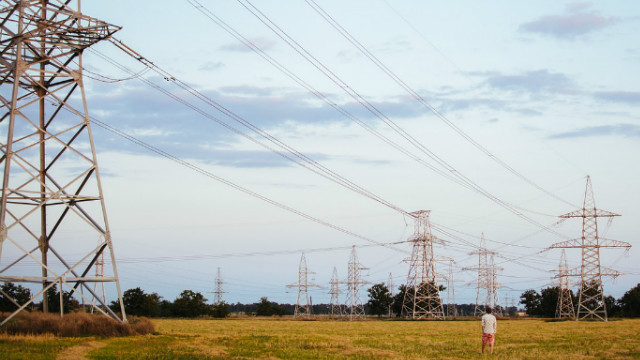Hydro One Ltd. (TSX:H), the owner of Ontario’s largest electricity distribution system, reported a weak second-quarter profit on August 8, as revenue fell compared with a year ago.
Milder weather caused a drop in profit
According to the company, the demand was weaker than usual during peak pricing periods due to milder weather during the quarter ended June 30. Hydro One was also impacted by higher storm-related repair costs compared with the same time last year.
Revenue fell by 11.3% in the second quarter compared to last year from $1.55 billion to $1.37 billion. Revenue, excluding purchased power, slipped by 2.8% to $722 million.
Transmission and distribution revenues were also impacted by a change in the 2017 allowed return on equity from 9.19% to 8.78%.
The pending decision on Hydro One’s 2017-2018 transmission rate filing has also impacted revenues, but the electricity distributor is expecting a decision in the near term.
Hydro One anticipates the revised rates will be effective from January 1, 2017, which would book the increased revenue up to the date of the decision at that time.
Net income attributable to Hydro One’s common shareholders dropped by 23% to $117 million, or $0.20 per diluted share, compared with $152 million, or $0.25 per diluted share, a year ago. Analysts had expected earnings per share (EPS) of $0.25.
EPS are expected to grow at a rate of -8.3% this year, 17.1% next year, and 3.28% during the next five years (per annum).
The Ontario government is still Hydro One’s largest shareholder, but its ownership slipped below 50% following the sale of a block of shares during the quarter.
Last month, Hydro One signed a friendly deal to acquire U.S. energy company Avista Corp. for $6.7 billion in cash. This merger will create one of the largest regulated utilities in North America.
Impact of rising interest rates
The last interest rate hike as well as the upcoming hikes are not good news for a utility stock like Hydro One. Indeed, the 10-year Canadian government yield and utility stocks prices have an inverse relationship. This means that when interest rates rise, utility stocks prices tend to drop, and vice versa.
One of the reasons why utility stock prices drop after an interest rate hike is because higher interest rates mean higher borrowing costs. An increase in borrowing costs will affect negatively Hydro One since it has high level of debts.
Like other utilities, Hydro One needs a constant inflow of funds to carry on with its infrastructure upgrades and growth. It needs external funding to finance its capital requirements, since most of funds generated from its operations are used to pay dividends.
Higher interest rates mean Hydro One will end up paying more interest on its debt, which will increase its debt level. As a result, its debt-to-equity ratio will rise, which could impact the company’s credit rating. With a lower credit rating, Hydro One would have difficulty borrowing funds at reasonable rates, and its cost of operations would increase.
Furthermore, a rise in interest rates make bonds more attractive to conservative investors, since they can get a higher yield. So, despite the fact that Hydro One has a relatively high dividend yield of 3.9%, some investors may be tempted to sell some shares to buy bonds instead. This move towards bonds is going to put downward pressure on Hydro One’s share price.
Is Hydro One’s stock a good buy?
I don’t think it’s time to buy shares of Hydro One, since it won’t show strong growth in the next few years and should be negatively impacted by rising interest rates.
With a forward P/E of 20.32 and a forward PEG of 6.20, Hydro One’s share price is also quite expensive. There are better opportunities on the stock market than the utilities sector.








